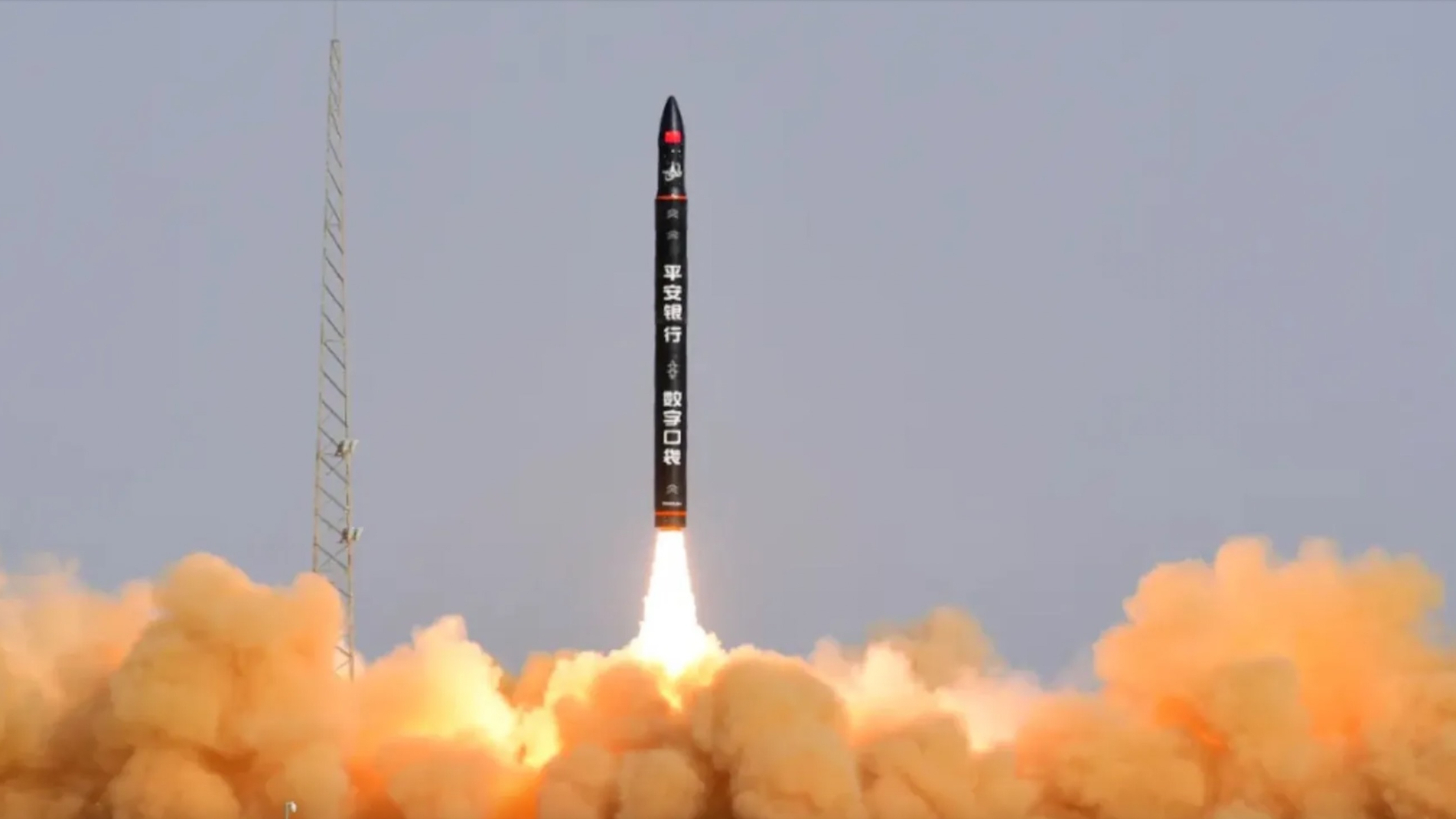Chinese launch startup's rocket fails during satellite launch

The Chinese launch company Galactic Energy suffered its first failure on Thursday (Sept. 21), resulting in the loss of a commercial remote-sensing satellite.
Galactic Energy's Ceres-1 rocket lifted off from Jiuquan Satellite Launch Center on Thursday at 12:59 a.m. EDT (0459 GMT). It was carrying the Jilin-1 Gaofen-04B satellite for the remote-sensing company Changguang Satellite Technology, according to SpaceNews.
But the satellite didn't make it to orbit as planned.
"The rocket flew abnormally and the launch mission failed. The specific reasons are being further analyzed and investigated," Galactic Energy wrote on the social network WeChat Thursday (in Chinese; translation by Google).
Related: Chinese company's rocket launches 3 satellites into orbit
The Ceres-1 is a four-stage rocket that stands about 62 feet (19 meters) tall and can loft 880 pounds (400 kilograms) to low Earth orbit (LEO). The vehicle debuted in November 2020 and had flown nine times without a failure until Thursday.
The mishap was the first for China so far this year, which had been riding a streak of 43 consecutive launch successes in 2023, SpaceNews wrote. But it was the second failure in just two days for a small-satellite launcher; California-based company Rocket Lab's Electron vehicle suffered an anomaly on Tuesday (Sept. 19), resulting in the loss of one of Capella Space's radar Earth-observation satellites.
Breaking space news, the latest updates on rocket launches, skywatching events and more!
Galactic Energy isn't content just launching small payloads with the Ceres-1. The company is also developing a larger rocket called the Pallas-1, which will be capable of delivering about 11,000 pounds (5,000 kg) of payload to LEO.
Pallas-1 is set to fly for the first time next year. The first version of the rocket will be expendable, but Galactic Energy aims to make its first stage reusable, like that of SpaceX's Falcon 9 rocket. The company is targeting 2025 for the launch of a reusable Pallas-1.

Michael Wall is a Senior Space Writer with Space.com and joined the team in 2010. He primarily covers exoplanets, spaceflight and military space, but has been known to dabble in the space art beat. His book about the search for alien life, "Out There," was published on Nov. 13, 2018. Before becoming a science writer, Michael worked as a herpetologist and wildlife biologist. He has a Ph.D. in evolutionary biology from the University of Sydney, Australia, a bachelor's degree from the University of Arizona, and a graduate certificate in science writing from the University of California, Santa Cruz. To find out what his latest project is, you can follow Michael on Twitter.
